#The Explorer
Text
As a dark academic who has searched long and hard for a subculture of dark academia to wear this summer, something that matches the summer atmosphere, I am going to coin a new subculture of dark academia.
I present: Explorer Academia.
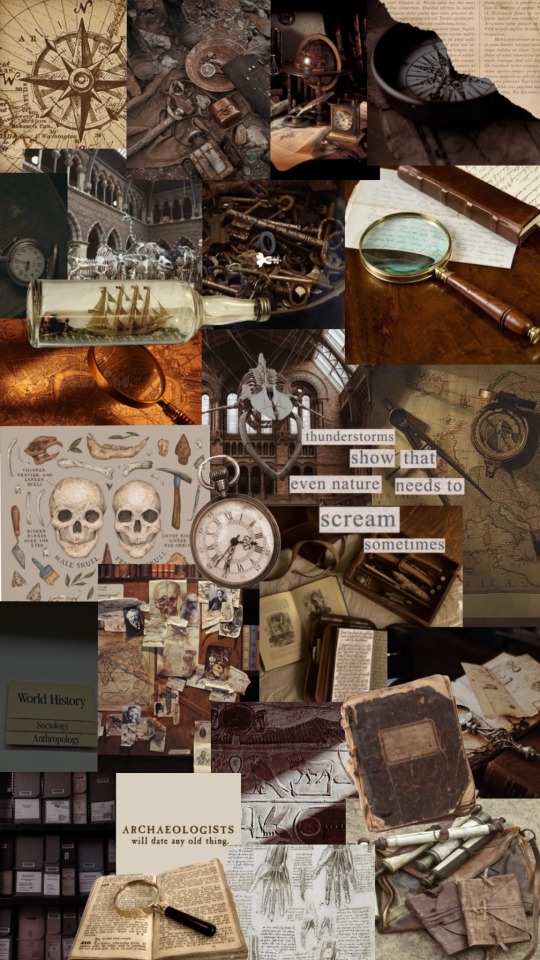
#explorer academia#dark academia#academia#academia aesthetic#chaotic academia#explorer#the explorer#the explorers#explore#exploration#aesthetic#academic aesthetic#academic#rich#money#old money
55 notes
·
View notes
Photo
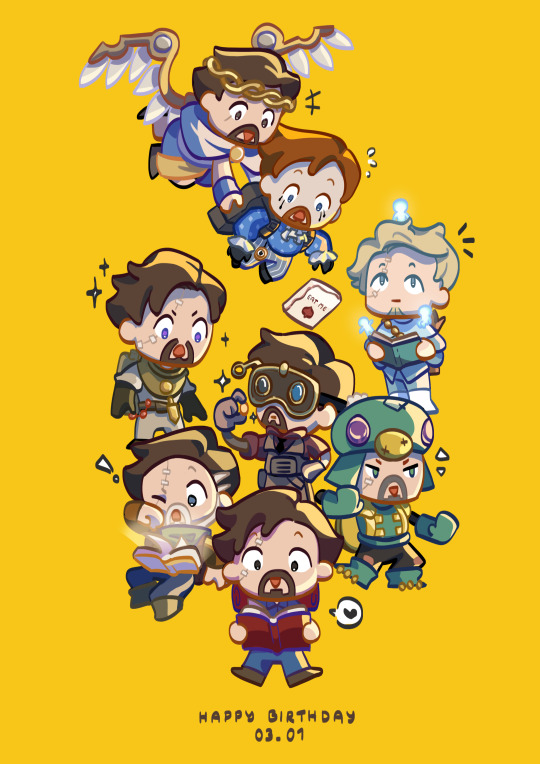
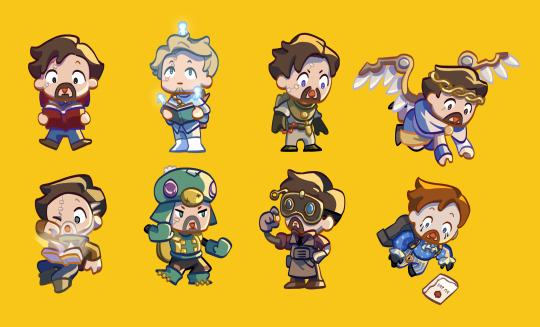
03.01 / HAPPY BITHDAY MY CUTIE LILLIPUTIAN
#identity v#kurt frank#the explorer#identity v fanart#HAPPY BDAY HONEY#Kurt Frank Fanart#my art uwu#lilliputian#AWOGAA
54 notes
·
View notes
Text
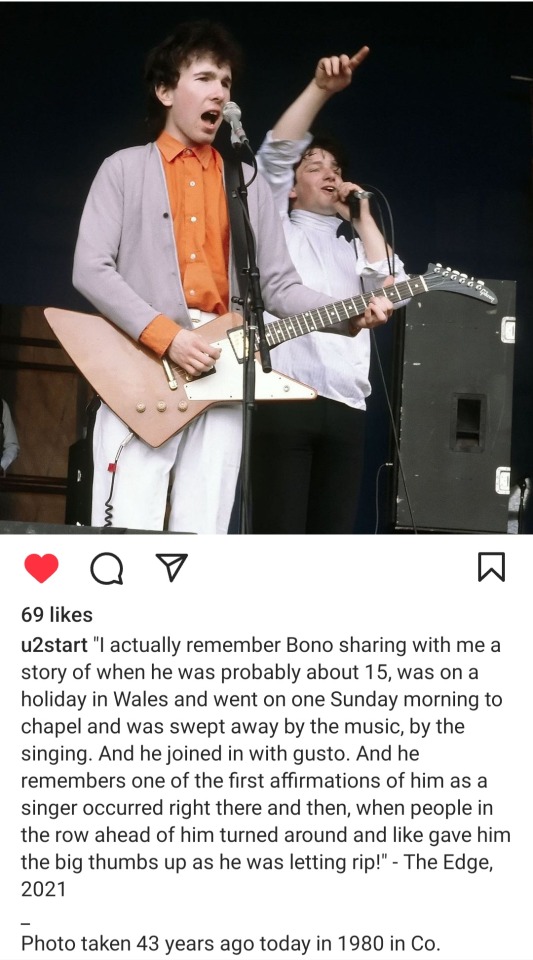
Love this quote from Edge. You know me, dragging Welsh references over here to Tumblr. Credit to U2 Start on IG. Swiped!
22 notes
·
View notes
Text
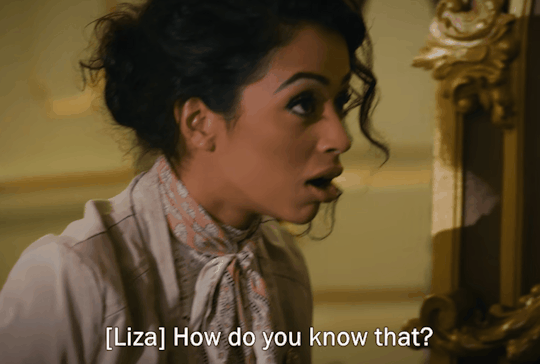
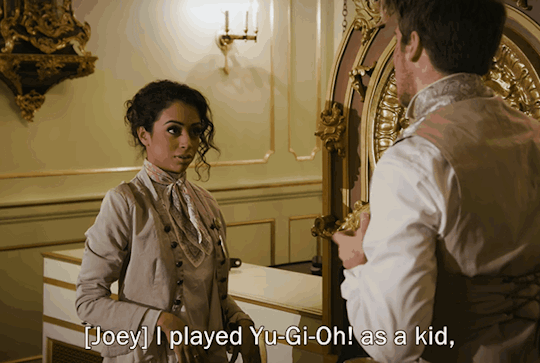

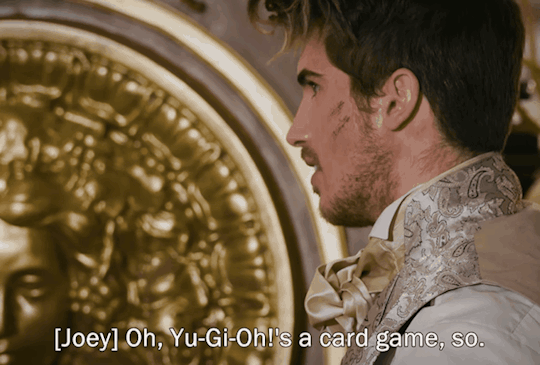
"I didn't go to college. I'm not very educated."
Escape the Night Miscellaneous Series - 5/?
#escape the night#escape the night season 2#etn s2#etn season 2#escape the night s2#the explorer#liza koshy#the savant#joey graceffa#season 2#▶ gifs#❝ the masquerade part i ❞
77 notes
·
View notes
Text

#mi perro#doja aint got shit on ME#dora*#the explorer#lil bitch#i always liked diego more 😒#animals#pets#cute dogs#dogs#cute animals#cute pets
12 notes
·
View notes
Text
(Okay so I made The Explorer but I made three versions. And I want you guys to pick one)
1
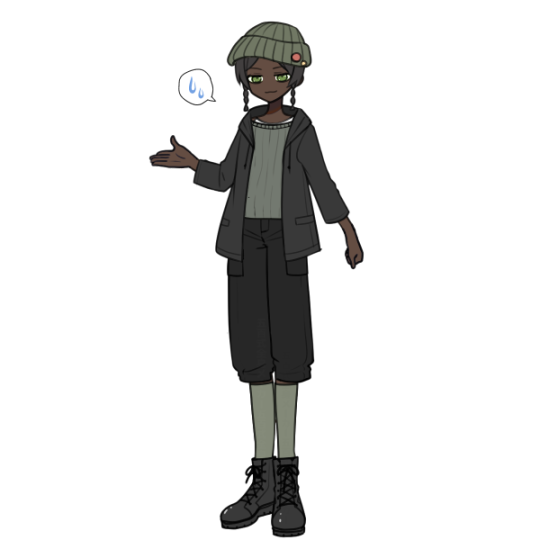
2
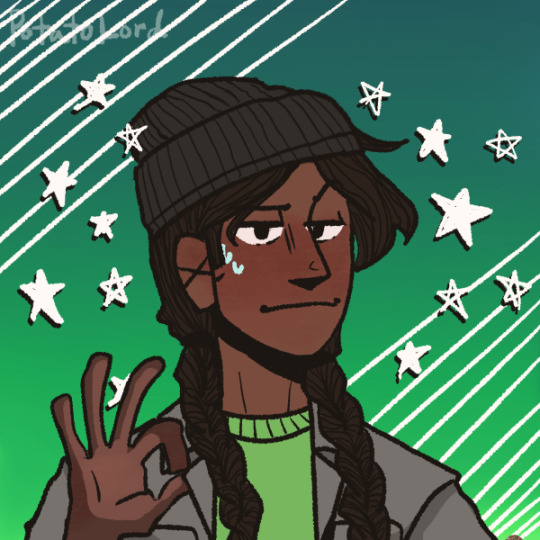
3
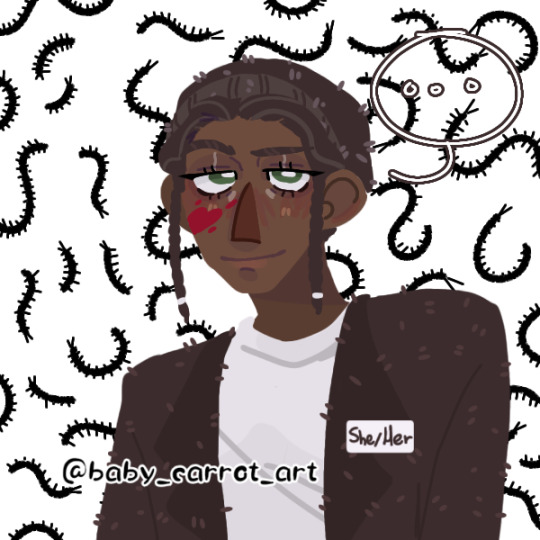
9 notes
·
View notes
Text
Oh Sweet Taco Trucks | 4/2/2023
Original post for the spread.
The Adventurer | The Moon | The Monk | The Explorer
Hallar, the Firefletcher | Cecily, Haunted Mage | Satsuki, the Living Lore | Moritte of the Frost

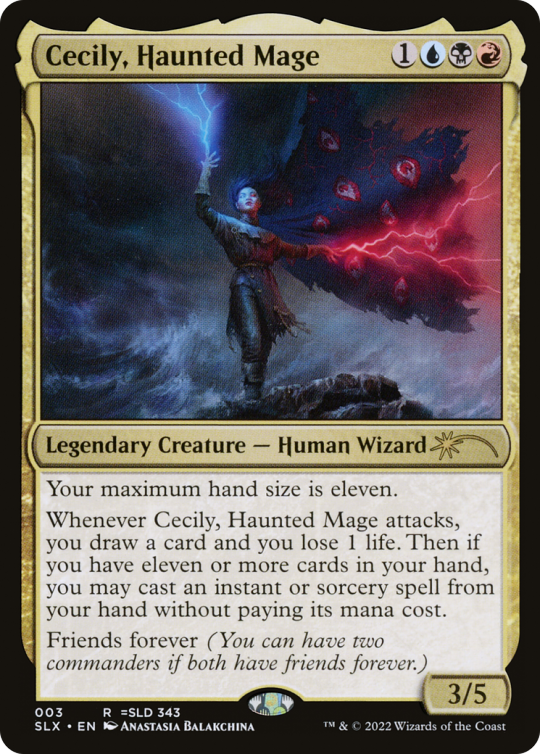
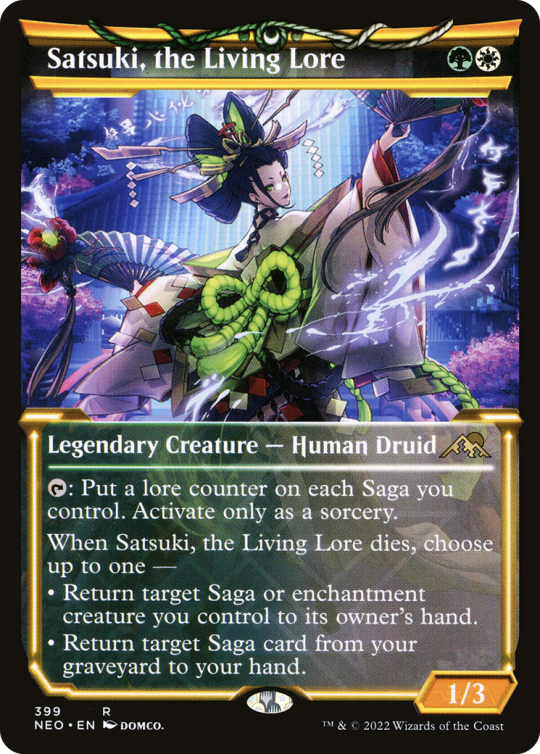
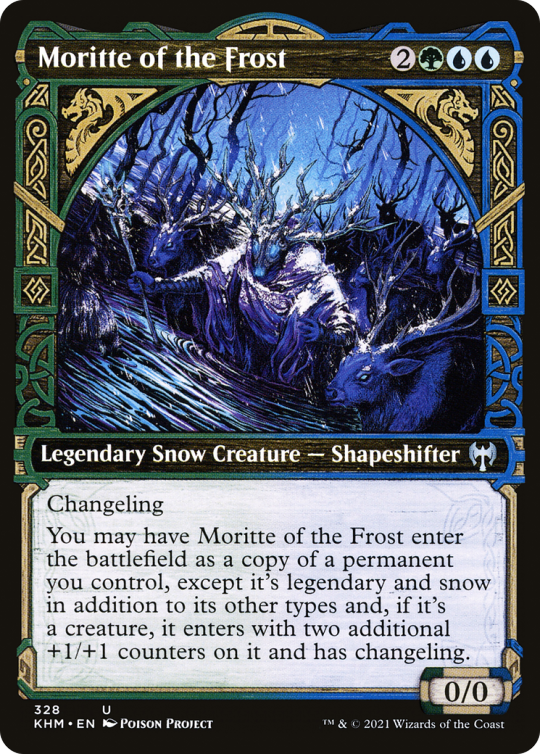
Something has changed in your life, even if you weren't the one to do it. The family is a tiny bubble in the vast ocean.
Recent events have struck a blow to your hope and made you accutely and painfully aware of the parts of you that you don't want to acknowledge.
This problem calls for silence, calm, relaxation, and time away from the rat race. Spend time on something simple, turn off the outer world and return to the inner one for a little bit.
Continue those practices. Sometimes things are painful to experience, but to enjoy the good times, you must be aware of how you act during the bad.
#jasper post#the forty servants#the forty mtg servants#divination reading#the adventurer#the moon#the monk#the explorer#hallar the firefletcher#cecily haunted mage#satsuki the living lore#moritte of the frost
2 notes
·
View notes
Text
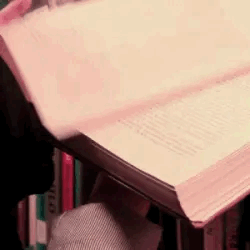
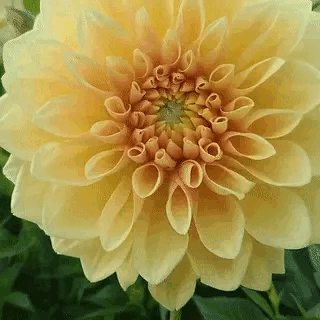

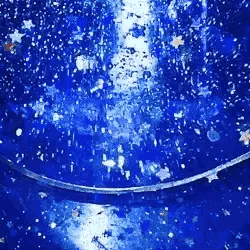
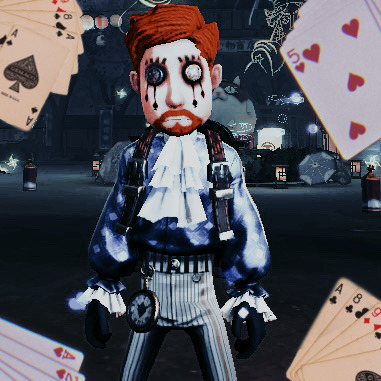

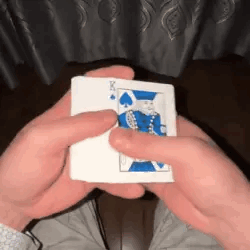

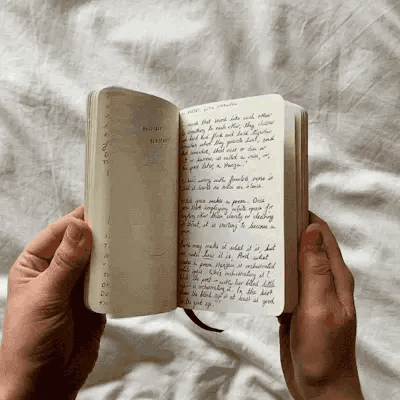
⏱ “Alice” Kurt Frank Skin • IDV ⏱
🐇 || 📘 || 🐇
🦋 || ⏱ || 🦋
🐇 || 📘 || 🐇
#aesthetic#stim aesthetic#aesthetic stim#stimboard#stim#hands#nature#food#idv#identity v#kurt frank#explorer#the explorer
10 notes
·
View notes
Text
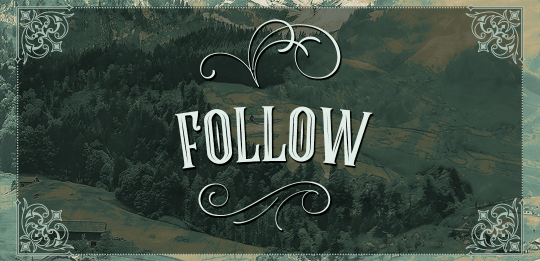
@bert--finch
2 notes
·
View notes
Text
|: THE EXPLORER
Someone is singing on the Castleway. Now, this would typically be considered a fairly ordinary occurrence, if not for the fact that the singing is rarely being done by the corpses.
Passing through all four central kingdoms as it does, the Castleway is used for a multitude of purposes, not least among them the punishment of traitors and criminals. The lesser ones, generally. Those of import are most often dealt with personally by those they have wronged, and often with a certain flair and originality befitting their crimes. But for most, the Castleway is where they face their retribution, though it is sometimes considered more than they deserve.
The road itself is a patchwork of hard-packed dirt, cobbled stone, and tough wooden slats, depending on where you stand. As borders and rulers have changed, so too has the Castleway, going through countless damages and repairs until it is unrecognizable from the wide earthy trail it was in the early days. It is still wide, of course, wide enough to fit three full-size wagons side by side. And it is busy. The people flow like fish through a river, on carts and horses, in groups and as one; shouting, talking, laughing. Trading amongst themselves, breaking off old relationships and forging new ones, gathering fame and fortune and everything in between, all in the course of one journey. One can learn more about the world from following the Castleway than from any storyteller or newscarrier in the realm, it is said.
None of this is entirely relevant to this particular tale, however, or at least not quite so relevant as the stakes.
The stakes, referred to as ‘the Judge’s fingers’ by the general populace, line the Castleway on the left side. Heavy wooden stakes, as big around as trees, taller than even the most towering of persons, driven into the ground, each through a small wooden platform. They are spaced out irregularly along the path, so it is nigh impossible to guess how close one’s proximity will be to the next (nigh impossible only when considering the factor of luck. Remove that and it is simply impossible to guess).
These Judge’s fingers are where the aforementioned traitors and criminals face their retribution. To be sentenced to the Castleway is to be sentenced to either a slow, excruciating demise or a merciful release, on the whims of the Judge Eternal and Final. It is to be cruelly and brutally abandoned, to have the strings cut on your control over your fate. It is to be tied to a stake by the side of the road, and left there; handed over to the gods and the elements. Most die after only a couple of days. Brought down by starvation, storms, fires, the savagery of beasts or humanity. There are endless forms of death waiting on the Castleway. It is simply a matter of which one gets to you first.
There are not always occupants of the fingers, but it is often safe to assume that there will be one or two watching you as you pass by, eyes bright with anger or dark with despair. Some will shout, some will beg, some will cry. Some will say nothing. Most are already too dead to make a sound. This one, however, is singing.
It’s an unfamiliar song, the tune high and haunting, the voice sweet and rough, like crystallized honey. And it is ruining Ridley’s day.
It is incredibly bothersome to have your entire life’s purpose usurped by a corpse that refuses to die or shut its mouth. Alright, Ridley supposes, that’s a bit dramatic. But drama, as well, is a piece of what he was born to do, and at this particular moment he is having a disastrous time attempting to do it. The song on the breeze has a nasty habit of throwing him off his own melody, and every attempt to drown it out is met with new fervor from the singer. It’s frustrating as all hell, and Ridley has yet to see the face of his foe, which only stokes his ire further. He keeps his eyes on the fingers, scanning the expressions of those both alive and dead, watching their lips to see if they move. He wants to look upon the one who is ruining his day… and perhaps punch them. He hasn’t quite decided yet.
He’s nearly given up on trying to locate the singer and decided to push on and ignore the irksome voice, when he sees them. He can’t quite see the figure’s mouth moving from his vantage point a ways down the road from them, but he knows it’s them upon first sight. It can be no one else.
The figure stands tall and proud, despite being tied to a stake and the fact that they appear to be no more than five and a half feet of height. Unlike the others, they hold their head high, not a hint of defeat shown. As he gets closer, it becomes clear to Ridley that the figure is smiling as they sing, a soft, smirking grin, as if they know something everyone else does not.
Up close, Ridley can make out the words on the sign nailed into the post above the singer’s head. The letters are a slash of sanguine paint on dark wood, but they are easy enough to interpret: This man is sentenced to the Judge for heresy and refusal to submit to arrest.
The heretic himself is slight of build, with the type of lean muscle that comes from working with a weapon. His features are sharp yet fine, as though delicately cut from a rough stone; pointed chin, high cheekbones, distinctly sloped nose. There is a pale smattering of freckles across said nose and cheekbones, standing out prominently in the brilliant sunlight. His eyes glitter silver with humor and defiance, the expression turning their swampy grey color to radiance. His lashes are unusually long and dark, giving those eyes a captivation that is difficult to look away from. His hair, an auburn reminiscent of leaves in the falling season, falls just to his shoulder in the slightest of waves. He is dressed in the simple white shirt and leather breeches granted to prisoners, but he manages to make them look like the garb of a prince.
He continues to sing as Ridley watches, despite how he must have noticed the other standing there. He doesn't give any indication that he has. Ridley folds his arms and glares, a challenge waiting to be met. The singer's eyes flick to him briefly, and he lifts an eyebrow in… invitation, it almost seems like. Well, Ridley’s not about to let that opportunity go.
With a flourish, the bard twirls around and deposits himself on the wooden platform at the base of the stake. He makes himself comfortable, crossing one leg over the other with pointed elegance. He flicks his eyes up to the heretic and attempts a scowl, and is met with absolutely nothing in return. So it’s going to be like that, is it? I see. Well, two can play at that game.
Two, as it turns out, cannot play at that game. The heretic continues to sing, and the song continues to distract Ridley in all his attempts to drown it out. To be honest, the bard isn’t exactly sure what he had intended to do here. He has a habit of making decisions like this, taking action without even considering what action to take.
The song never seems to end, the verses carrying on and on until Ridley nearly becomes convinced that it’s the only song he will ever hear again. No matter how intently he listens, he cannot for the life of him figure out the language. The words flow like a river, the vowels rolling like waves and the consonants crashing on the shore. It fits beautifully with the singer’s voice, Ridley has to admit, the slightly rough tone adding an unexpectedly welcome contrast to the smooth melody. The tune is just begging for a harmony.
Damn my nature, Ridley thinks as he begins to hum, testing the notes until he finds the ones that fit, turning the heretic’s song into a duet. He can’t follow along with the words, but the rest of it is easy enough to pick up. He sings loudly, lifting his voice up to carry along the Castleway. He’s always had a powerful voice, it’s one of the qualities that determined his prowess as a bard from a young age. There had been people listening to the heretic’s song from the start, but once Ridley joins in, more and more heads turn as they pass on the road, and some even stop to listen. Mostly families, dragged over to the side of the road by young children captivated by the music. Some merchants stop by, nodding gently along to the tune before moving along on their path. A group of soldiers for hire scowl at them as they pass, and Ridley scowls back. He’s never much liked soldiers. There’s another bard that stops as well, and performs an elegant dance for the heretic, bowing at the end before skipping away, humming the tune as she does so. And there’s an oddly pale figure, with strange ink-black eyes and silvery hair despite its apparent youth, who stays longer than the rest, standing before the platform with its head cocked to one side, a mysterious glimmer in its eyes. The heretic ignores it, but Ridley stares right back at the figure, taking in its expensive clothing and well-groomed facade. It meets his eyes with a cool, amused gaze, as unbreakable as stone. Now, Ridley may have a strong voice and a stronger will, but he folds under that gaze. He lowers his eyes as the figure smirks and walks away, strolling as though it has all the time in the world.
Not long after that, the song ends. The heretic’s voice trails off into the wind, and he closes his eyes, tilting his head back against the rough wood of the stake he is tied to. He appears… peaceful, content. It’s not an expression one would expect to see on the face of someone condemned to death, but then again it has already become clear that this someone is not much like the others.
“Thank you,” the singer says as Ridley is preparing to rise to his feet and leave, feeling silly and a bit embarrassed over what he has just done. Ridley startles. “For what?”
The heretic opens his eyes and smiles. “You made it beautiful.”
He’s talking about the song, Ridley realizes. “It was beautiful before,” he says in response. “Without me.”
“Not nearly as much,” the heretic points out. Ridley finds himself blushing faintly, proud of himself. “Well, you know, it comes with being the most famous bard and storyteller on this side of the four kingdoms.”
“Famous?” the heretic quirks an eyebrow. “Are you really?”
Ridley shrugs. “Probably. More famous than you, I’d bet.”
“Well, that would be because I am infamous, my small singing friend.”
Ridley has to bite down on his lip until he draws blood to keep himself from bursting out indignantly at being referred to as small. “I suppose that makes sense, you being a heretic and all.”
The heretic cocks his head, the light catching on a set of tiny ragged scars just around the edges of his mouth, mostly faded. “Is that what they call me? Heretic?”
“It’s not a very pretty name,” Ridley agrees. The heretic grins, the pale scars stretching. “I prefer Faraday,” he says.
“Now that is a pretty name,” Ridley bends over and plucks a pristine white daisy from the patch growing around his feet. “Faraday. Day. Daisy. Faradaisy. Can I call you Daisy?”
Without waiting for an answer, the bard plucks a few more of the flowers and begins weaving them into a crown. “So, Daisy, if you are not a heretic, what then are you?”
Faraday hmms in thought, tilting his head back against the wooden stake once again. “I am someone who believes,” he says, softly yet firmly.
“Is that not what we all are, at heart?” Ridley points out. He isn’t looking, but he can hear the heretic’s laughter. “I suppose you would call me a prophet, then,” Faraday confesses.
A prophet. Interesting. “I find that prophets and heretics are often the same, depending on who you ask.”
That laugh again, a shockingly harsh sound. “You speak true. Unusual for a storyteller, in my experience.”
“Many stories are true,” Ridley bites back, defensive.
“Many are not,” Faraday returns. Ridley huffs, defeated. He turns back to his daisy crown, but the silence quickly begins to bother him.
“You know, you’re in surprisingly good spirits for someone sentenced to death,” he says, forcing himself to remember the situation the other is in. Don’t get attached, Riddles. But if Faraday hears the bitterness in his tone, he doesn’t show it.
“Oh, I’m not going to die,” the prophet replies, confident as a king. Ridley whirls around to frown at him, doubtful. Faraday smiles brightly, tilting his head away from Ridley so the hair falls back from his throat, revealing another scar, this one thick and fairly recent, judging by the clear visibility of the stitches holding the flesh together.
“I have been sentenced to death too many times to count,” he explains softly, his rough honeyed voice falling uncharacteristically flat. “And not once has it killed me. Why should this be any different?”
“Gods,” Ridley chokes out, openly staring. He’s never seen a scar like that. He’s never seen a wound like that. He hadn’t thought anyone could survive something like that, let alone come out of it walking and talking and singing, for Executioner’s sake. “What did you do?”
“To make the world want my head on a platter?” Faraday sighs. “Well, that’s quite simple. I killed their gods.”
He speaks it as nothing more than a statement of fact, with the same tone and inflection as one saying I saw a bird today or perhaps the weather’s been shit lately. The words carry no weight. No music swells, no bell is tolled, the sun remains in the sky. Entirely uncharacteristic for the announcement of what may very well be the most consequential demise in all of worldly history.
A jest, then.
Ridley barks a laugh, the sound emerging much louder than intended. Faraday’s head lolls in his direction, his expression unchanged. Humorless. Ridley clears his throat.
“And how does one kill a god?” he asks, playing along.
“The same way one kills anyone else,” Faraday says, his voice a song that chills to the bone. “They are not immortal, you know. They do not age, do not suffer from illness or mortal malady, but where it matters they are just like you or I. They live, until they do not. Until something or someone kills them.”
“Nothing can live that does not die,” Ridley murmurs, the words rising from their throat unbidden.
“The sacred promise of the Executioner,” the prophet concedes. “I’ve come to understand that when she first spoke those words at the dawning of what is, she was speaking of herself.”
Ridley turns to face him fully, crossing one leg over the other and tilting his head in consideration. “Did she tell you this herself?
The prophet’s stormcloud eyes are fixed on the horizon as he visibly grinds his teeth into his lip. It is the first sign of negative emotion that he has shown since the bard laid eyes on him, and it strikes Ridley in that moment that he is fucking serious.
“You’re fucking serious.”
Faraday’s unwavering attention is locked on him now, and he gives the subtlest of nods. Such a small motion, yet carrying the weight of the world on its shoulders. Ridley has never been particularly close to religion himself- his most common use of the gods is to swear in their names- but faith is ingrained so deeply into every path he walks that to fathom the idea of the objects of that faith simply… ceasing to exist is impossible. He imagines the temples falling to ruins, heavy stone crushed by roots thrusting from the ground. Grave markers for the lost heart of the nation. The people who invest so much of themselves in their gods, in the stories and songs and promises, no longer knowing who to turn to with their prayers.
“They call me a heretic,” Faraday’s voice is nothing more than a breath of wind in his ear. “When all I am is someone who believes.”
He should turn away. He should turn his back and set off down the Castleway, let the road carry him to another place, another stranger along the way. Leave this one behind and forget him. Forget the feverish light in his eyes, the scars on his throat, the terrifying implications of his prophecies. Go on now, there is nothing here for you. Turn away now, keep singing your song. But the only song he can hear is the prophet’s. It swells in his ears, rising like a wave. It crashes down on him, soaking him through until he shivers, dripping, in the midday sun. Drowned, then tossed back up onshore.
He clears his throat.
“In the end, aren’t we all?” he says, repeating his response from earlier. This earns him a genuine thin smile, which in itself is somehow more disturbing than anything yet said in conversation.
In one smooth gesture, Ridley gathers the flower crown he’d been weaving up into his hands and begins working at it again. “Alright then,” he says, his tone much less hysterical now that he’s fully allowed himself to be pulled under the waves into madness.
“Alright?”
Ridley keeps his gaze on the delicate plant matter in his hands, sure that if he meets the prophet’s eyes again he will be ensnared in an inescapable net. As if it is not already too late. No matter how hard the back of his mind pulls at him like a puppeteer, something else already has the hook buried in deep. It’s in those eyes, in that voice. “Tell me your story. I am, as I am quite sure you have noticed, an entertainer. I collect stories. I have something of an addiction, if you can call it that, and something tells me that I won’t find anything like you again in my lifetime.”
Once again, Faraday’s face is a mask. He would be very good at cards, Ridley observes idly and nonsensically. “You won’t,” he replies simply.
“Go on then,” Ridley urges, hearing the curiosity in his voice and cursing how obviously it comes through. I would be terrible at cards. I am terrible at cards.
“Ah, now I am afraid that will cost you, my friend.”
Ridley blinks; once, twice, three times in rapid succession. “I- I don’t have much-”
Faraday chuckles, and Ridley searches desperately for something he said that could be funny in some context. “Oh, not money. Nothing like that. Something much simpler.” he hesitates, as though building an aura of control in the situation, despite his physical powerlessness. Infuriatingly, it works.
“Freedom,” he says eventually. Ridley’s heart stutters.
Faraday seems to catch on to his train of thought and relieves him of having to say it aloud. “If you wish to know my story, which I will give to you willingly, you must free me from this stake and let me carry on.”
The natural response to this would be no, thank you, it was presumptuous of me to ask, I will be on my way now, enjoy death, but unfortunately for Ridley, the natural flow of this conversation has long since devolved into a whirlpool. So he is left with a choice. What, in this absurd situation, is the correct path? Freeing a condemned soul from their rightful retribution is in itself a wrongdoing punishable by at least a year in a decrepit cell, and yet… where is the crime here? What has this individual done, other than speak of what he believes in? If that earns him death, then any holy man in the country should be right there with him breathing their last.
They call me a heretic, when all I am is someone who believes.
…. Fuck.
Slowly, carefully, Ridley rises to his feet, setting the completed flower crown on the wooden platform. Lifting his eyes to the prophet, he fumbles for the tiny knife slid through his belt, there in the case of emergency. Delicately, he takes it out and moves toward Faraday, slicing the ropes keeping his hands lashed to the stake first. It is a lot harder than it looks, and by the time the thick fiber falls into pieces under his blade, Ridley is panting. Shaking his aching fingers, he kneels to work at the ropes at the prophet’s feet. As soon as he gets them loose enough Faraday steps out of them. He stands in the light of the already-setting sun, the amber sky seeming tailored to frame him. He spreads his arms wide and breathes in, the act seeming to fill his whole body and bring him to life. He was alive before, but held back. Tied down. He is free now, and he is vibrant.
Faraday takes a step forward, and his foot brushes the flowers left where Ridley had been sitting. He considers them, then sweeps down and takes the crown into his hands. He turns it over, examining it. Some of the petals are slightly crushed, but it lends a sort of unique beauty to the object. Faraday seems to think so as well, for he sets the crown gently on his head, moving it gently back and forth until it settles onto his brow. “I’ll be taking this as part of my payment,” he says simply, and Ridley can do nothing but nod dumbly.
Without another word, Faraday sets off down the Castleway. As the day has worn on, most of the traffic has vanished, and the two of them are nearly alone on the wide expanse of road. He does not look back.
And then, as though he had never stopped, he begins to sing.
4 notes
·
View notes
Text
Book Review: The Explorer
—by James Smythe | Anomaly Quartet 1
I read this book years ago, when there were just 2 books in the series out. A new friend recommended it, and I loved it.
I’d forgotten just how fucked up a story this is.
The premise: an astronaut watches his entire crew die, one by one. Then he falls back through time, and watches the entire thing over again, this time from inside the walls. And also being responsible for most of the deaths.
And if you think that sounds fucked up, it’s actually a lot worse than that. Every time you think Cormac Easton has been tortured enough, in the past or in the present, you’re wrong: the author finds more trauma to deliver.
Don’t get me wrong, this is a well-crafted book, and I can’t wait to (a) relive the 2nd book, and (b) devour the 3rd & 4th. But I cannot recommend this to anyone who can’t stomach psychological horror in their SF. (If you love that, then you’ll love this.)
4 notes
·
View notes
Photo
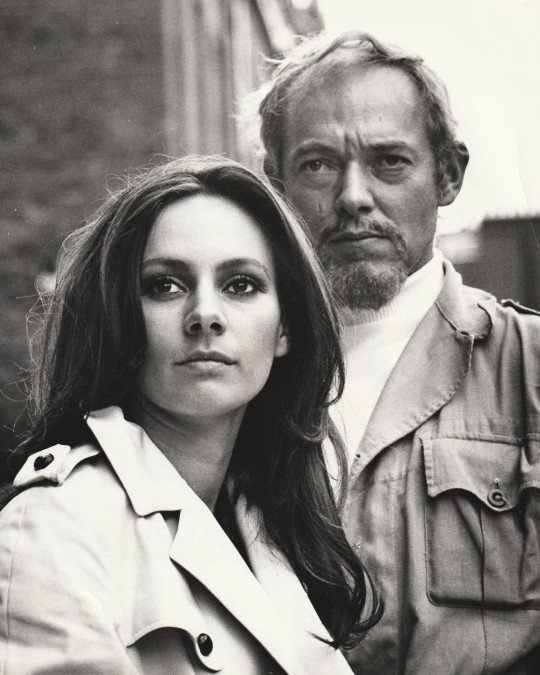
Francesca Annis as Jill and Michael Bryant as Erik Petterson in The Explorer (1968)
5 notes
·
View notes
Text
“Do you know, it seems to me that a great deal of nonsense is talked about the dignity of work. Work is a drug that dull people take to avoid the pangs of unmitigated boredom. It has been adorned with fine phrases, because it is a necessity to most men, and men always gild the pill they’re obliged to swallow. Work is a sedative. It keeps people quiet and contented. It makes them good material for their leaders. I think the greatest imposture of Christian times is the sanctification of labour. You see, the early Christians were slaves, and it was necessary to show them that their obligatory toil was noble and virtuous. But when all is said and done, a man works to earn his bread and to keep his wife and children; it is a painful necessity, but there is nothing heroic in it. If people choose to put a higher value on the means than on the end, I can only pass with a shrug of the shoulders, and regret the paucity of their intelligence.”
5 notes
·
View notes
Text
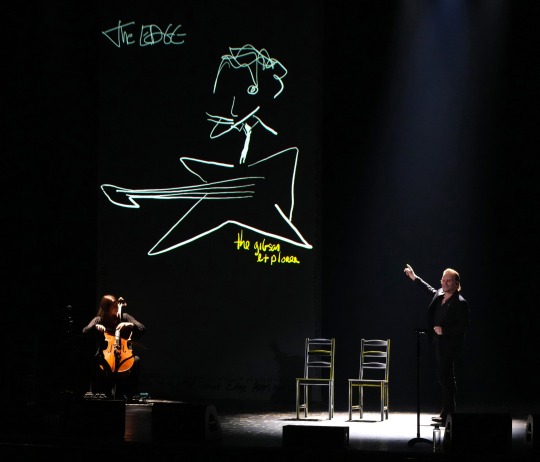
I love this. I really do. But I wish it weren't backward. Why did he do that?
#And Morleigh captioned it B introduces E#Cute#U2#Bono#The Edge#The Explorer#Let him play the Explorer Edge#Bono Surrender#bedge
20 notes
·
View notes
Text

#funny#lol#haha#humor#meme#memes#bunnies#bunny#art#draw#drawing#artists on tumblr#adulthood#naturecore#cottagecore#aesthetic#nature#landscape#paradise#adventure#explore#travelling#travel
81K notes
·
View notes
Text




#landsccape#cottage#cottagecore#aesthetic#photography#art#flowers#flowercore#lovecore#flower#landscape#paradise#nature#adventure#explore#travel#travelling#naturecore#desing#fashion#alternative#photographers on tumblr#fall aesthetic#farmcore#mountains#style#pretty#wildflowers#cottage witch#curators on tumblr
68K notes
·
View notes